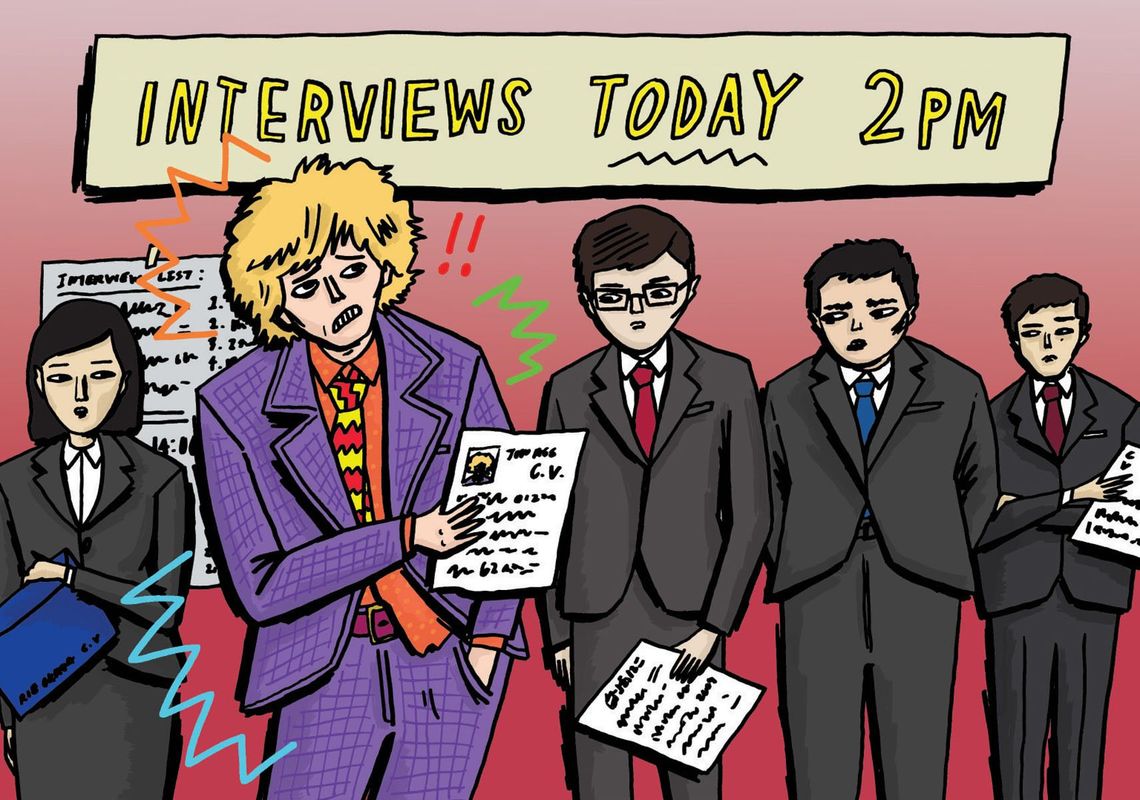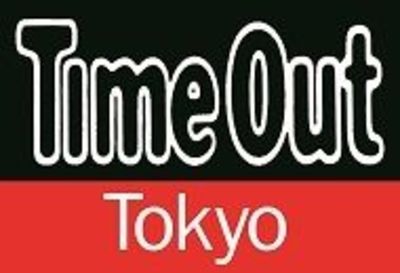
It’s that time of year again. The streets of Tokyo are flooded with students in black suits. You see them everywhere, scribbling notes at train stations or carefully filling in ‘entry sheets’ for hours at cafés. Shukatsu (job hunting) in Japan is notoriously time-consuming and difficult, even for someone born and raised here. So you can imagine how hard it is for a foreign student to get the hang of the process, regardless of their level of Japanese.
Shukatsu generally takes a year, with prime job-hunting candidates — ie. third- or fourth-year university students — beginning the application process in April (the start of the academic year), going through countless rounds of interviews, and then commencing work the following April.
Delaying graduation to get a job?
Several of my Japanese friends actually delayed their graduation after a failed season of job hunting because it’s easier to get a job offer as a ‘super senior’ than as a graduate.
For me, it was stressful and degrading. I don’t handle rejection well, and job hunting in Tokyo, especially as a student, can make you feel like you are only worthy of respect if you get an employment offer from a large, well-known company. Here are my tips to help you avoid the pitfalls.
DO ARM YOURSELF WITH KNOWLEDGE
Walk into any bookstore and you will find dozens of titles on job hunting in Japan, covering topics such as proper attire, how to fill in an ‘entry sheet’, and the expected responses to commonly asked questions in group interviews. If your Japanese isn’t good enough or you don’t feel like shelling out the yen, you can also find countless free English resources online. Make sure you hand-write every entry sheet, affix a professional photo to the top of every CV, get your hair cut in an approved style, and attend the presentations of every company you think might be a good fit.
DON’T TRY TO STAND OUT IN A COLOURFUL SUIT
If you want to score the ‘informal job offer’ that later becomes an ‘official offer of employment’, you have to look the part, down to the finest details. My (Japanese) husband, Ryosuke, swears recruiters can tell where you purchased your suit with a single glance.
You are going to have to buy a proper Japanese job- hunting suit as well as the correct shoes, bag, belt, tie and white dress shirt. Some people might tell you Japan is changing and that you should show your originality by choosing a non-black suit. Unless you know for sure that the company you’re applying at is more casual, I think that’s a bad idea. When given the option of choosing between someone who is interesting and someone who is safe, Japanese companies will almost always go with the latter.
DON'T WING IT
My husband is a special snowflake. He is outgoing with a unique sense of humour. He didn’t do too well in his first few months of job hunting. Finally, he decided to just answer each question as the job-hunting books advise, word for word. He received two offers of employment that month.
To successfully job hunt in Japan, he tells me, you need to convince the company that you’re willing to give everything you’ve got for the sake of the firm, including putting up with unpaid overtime, mandatory drinking parties, and the stress of adopting the ‘salaryman’ lifestyle.
DON’T ACCEPT A POSITION THAT FEELS ‘OFF’
Before you say yes to a job offer, check the company’s reputation online. Be on the lookout for ‘black companies’ that hire students in large numbers and then weed out the weak ones through horrible working conditions and emotional stress. Type the company name+ブラック企業 into Google and see what comes up.
If possible, talk to current (or previous) employees of the company. If your gut tells you something might not work out, walk away. Yes, it’s scary saying no to a sure thing, but you only get one chance to job hunt (as a prime candidate) in Tokyo.
(Written by Grace Buchele Mineta)
(Illustration by Bunny Bussoux)
Related articles from Time Out TokyoOnsen Etiquette
PDA in Japan
Hot to behave at dinner

